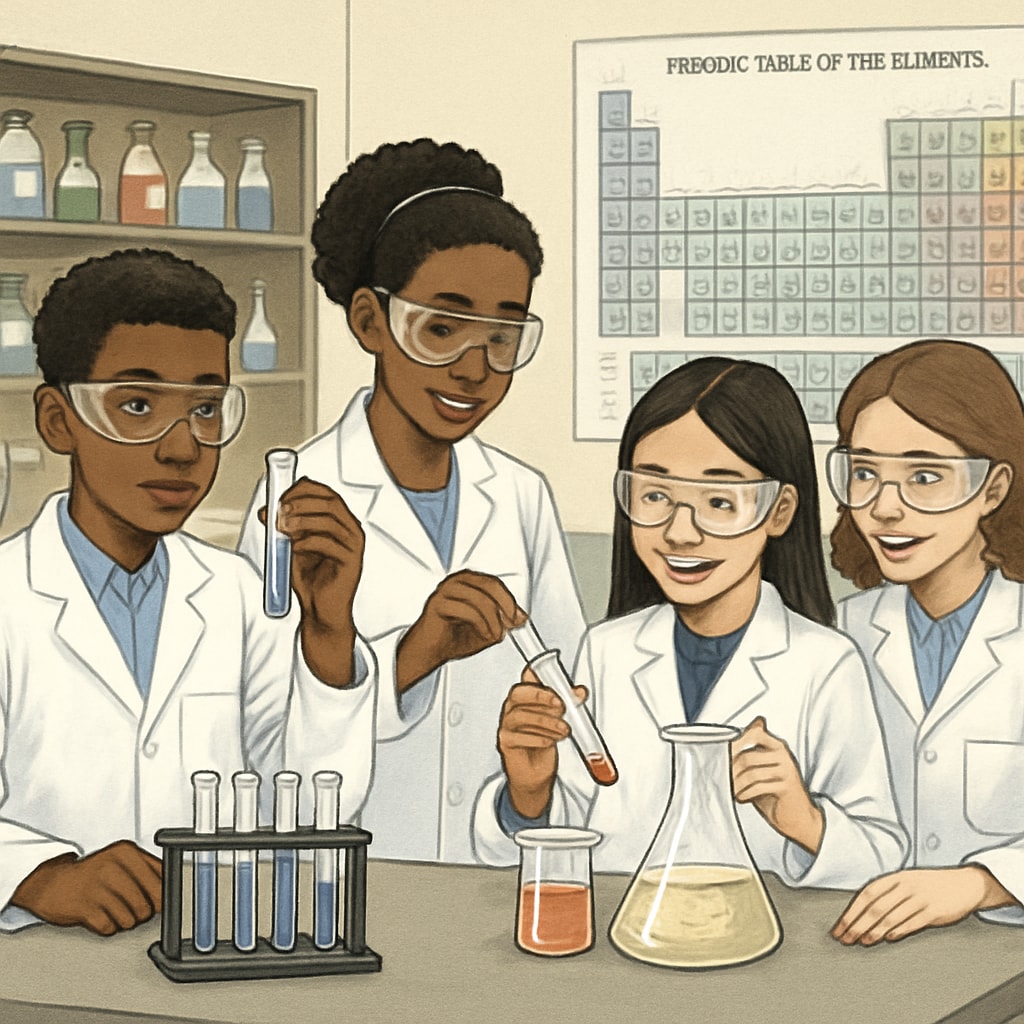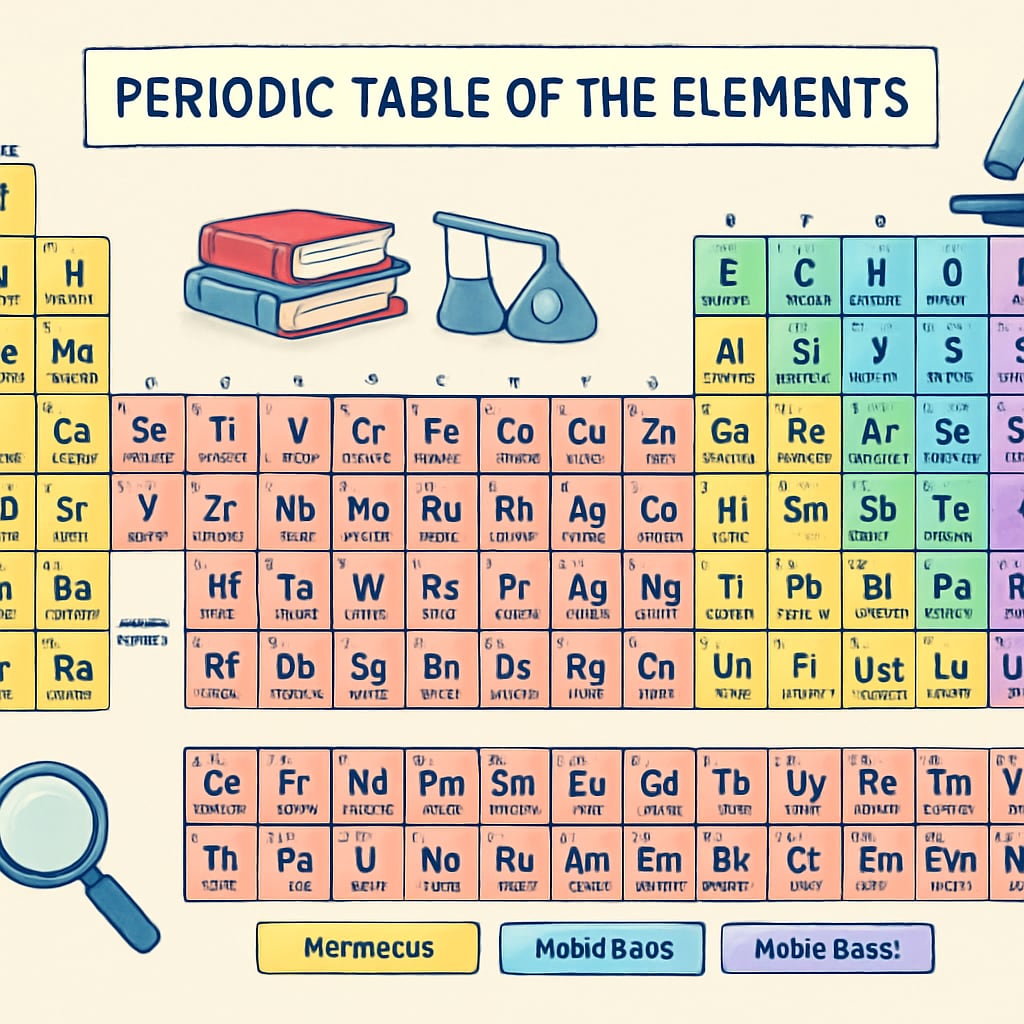For many high school students, chemistry research projects present both exciting opportunities and daunting challenges when it comes to topic selection. Finding the right balance between academic rigor, practical feasibility, and personal interest requires careful consideration. This guide will walk you through systematic approaches to identify compelling research directions that align with your skills and resources.
Identifying Your Chemical Curiosity
The foundation of any successful research project begins with genuine interest. Consider these approaches to pinpoint your focus area:
- Review classroom concepts that sparked your curiosity (e.g., reaction kinetics or molecular structures)
- Explore real-world applications through resources like American Chemical Society publications
- Connect with local university labs or industries for inspiration

Balancing Ambition and Practicality
While innovation is valuable, realistic project scoping ensures completion. Evaluate these factors:
- Timeframe: Most school projects require 4-8 weeks
- Resources: Assess available lab equipment and materials
- Safety: Prioritize experiments with minimal hazards as outlined by NIOSH safety guidelines
Interdisciplinary Research Opportunities
Chemistry intersects with numerous fields, creating rich project possibilities:
| Combination Field | Project Example |
|---|---|
| Environmental Chemistry | Testing water purification methods |
| Biochemistry | Analyzing enzyme reactions |
| Materials Science | Developing biodegradable polymers |

From Concept to Hypothesis
Transform broad interests into testable questions using this framework:
- Select a general area (e.g., electrochemistry)
- Identify a specific phenomenon (battery efficiency)
- Formulate a measurable relationship (effect of electrolyte concentration on voltage output)
Implementation tip: Maintain a research journal to document your thought process and experimental observations systematically.


